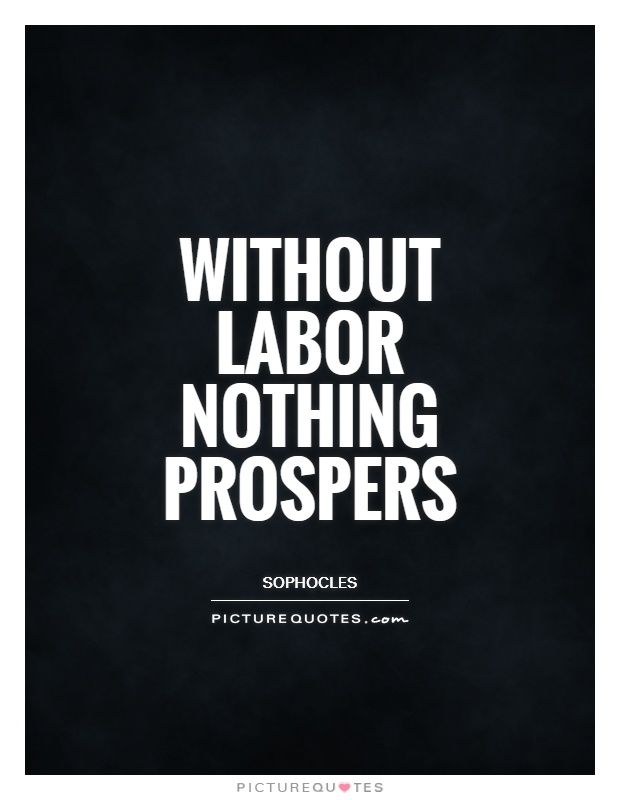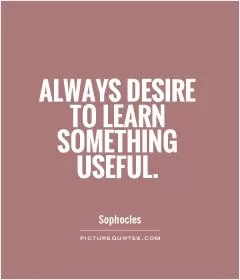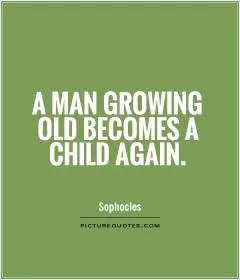Without labor nothing prospers

Without labor nothing prospers
The quote "Without labor nothing prospers" holds great significance in the context of Sophocles, a renowned ancient Greek playwright whose works often revolved around themes of fate, duty, and the consequences of human actions. Sophocles' plays, such as "Oedipus Rex" and "Antigone," are filled with characters who face immense challenges and must work tirelessly to overcome them. In these works, labor is not just physical work, but also the mental and emotional effort required to navigate complex moral dilemmas and confront the harsh realities of life.One of the most famous examples of labor in Sophocles' plays is the character of Oedipus in "Oedipus Rex." Oedipus, a king who unknowingly fulfills a prophecy by killing his father and marrying his mother, is forced to confront the consequences of his actions through intense self-reflection and investigation. Despite his efforts to avoid his fate, Oedipus ultimately realizes that he cannot escape the truth and must accept the consequences of his actions. Through his labor, Oedipus gains a deeper understanding of himself and the world around him, ultimately leading to his downfall but also to a sense of catharsis and redemption.
Similarly, in "Antigone," the titular character must labor against the oppressive laws of the state in order to honor her brother's burial rights. Antigone's defiance of King Creon's decree leads to her tragic demise, but her unwavering commitment to her principles and her willingness to endure hardship for the sake of justice make her a heroic figure. Through her labor, Antigone challenges the authority of the state and asserts the importance of individual conscience and moral duty.
Overall, the quote "Without labor nothing prospers" encapsulates the central themes of Sophocles' works, emphasizing the importance of hard work, perseverance, and moral integrity in the face of adversity. Through labor, Sophocles' characters are able to confront their destinies, grapple with difficult choices, and ultimately achieve a deeper understanding of themselves and the world around them. In this way, labor becomes not just a means to an end, but a transformative process that leads to personal growth and enlightenment.












 Friendship Quotes
Friendship Quotes Love Quotes
Love Quotes Life Quotes
Life Quotes Funny Quotes
Funny Quotes Motivational Quotes
Motivational Quotes Inspirational Quotes
Inspirational Quotes